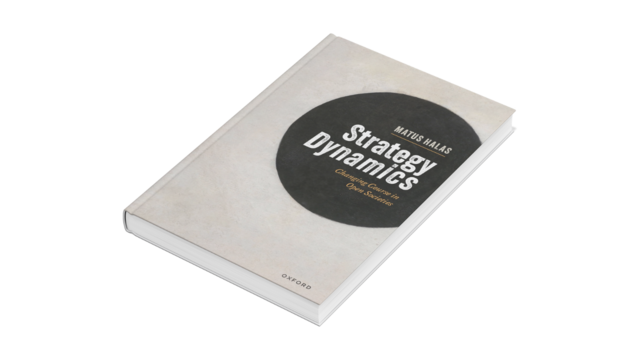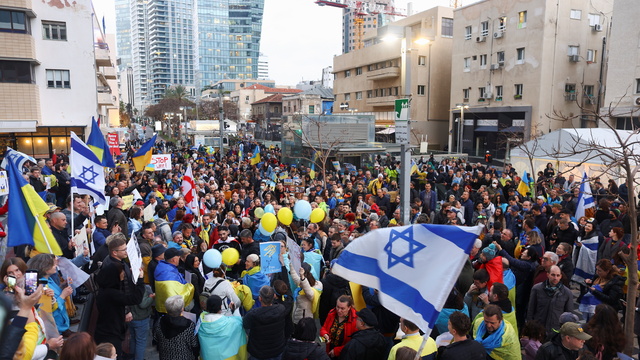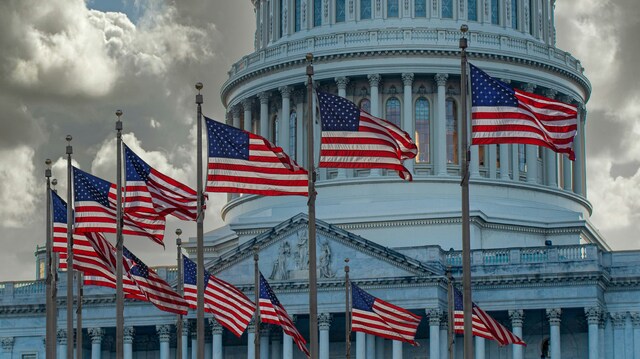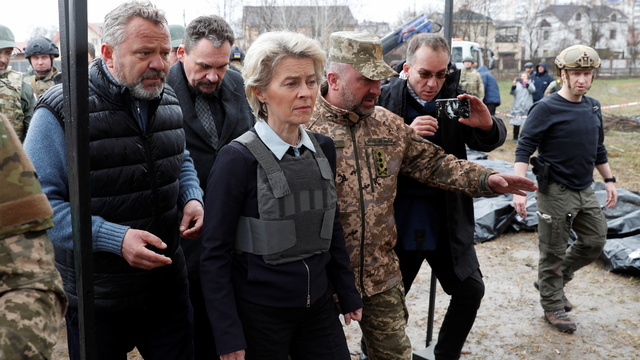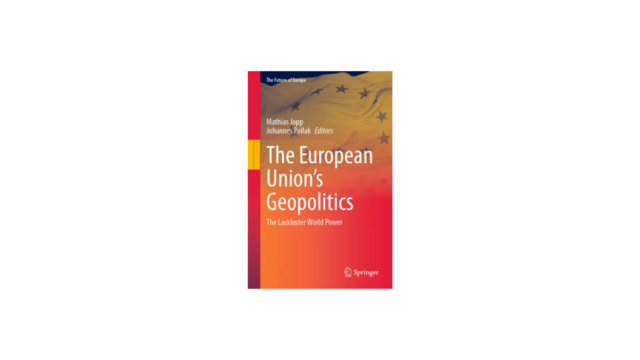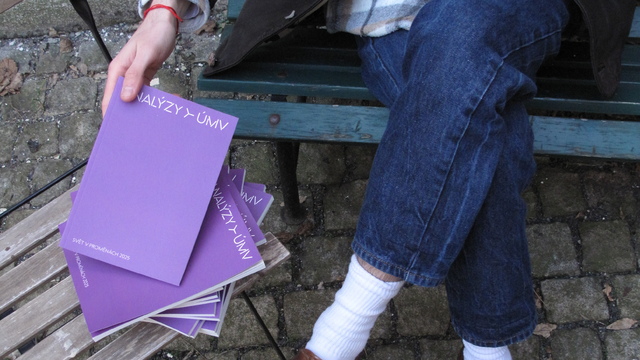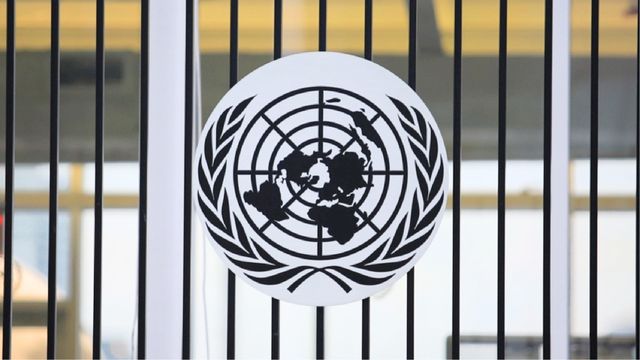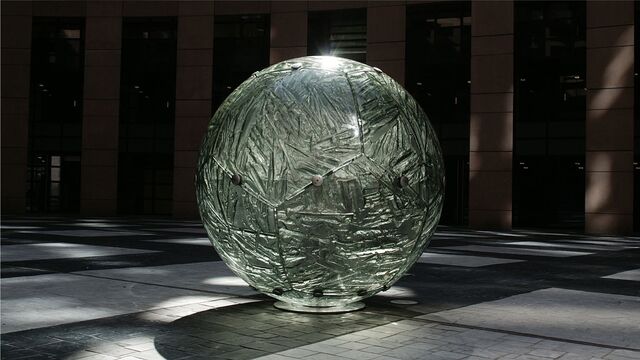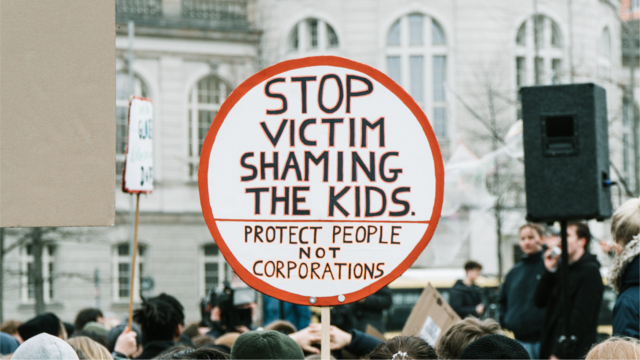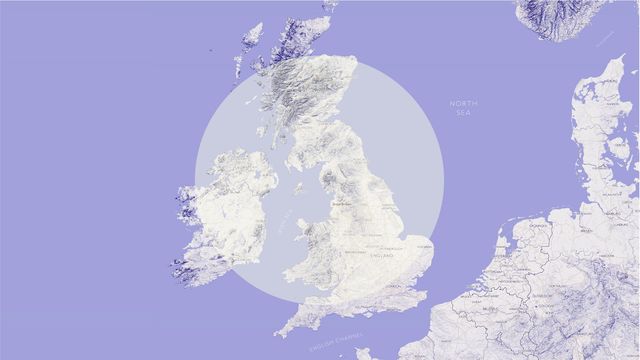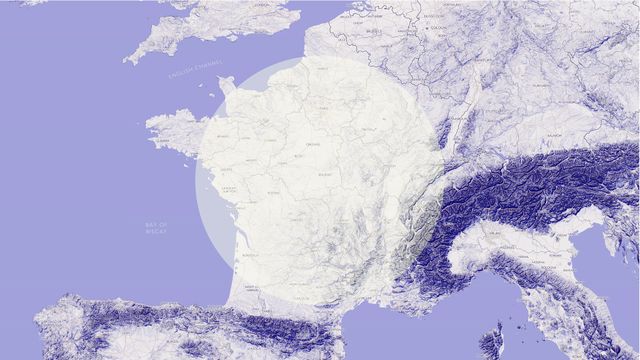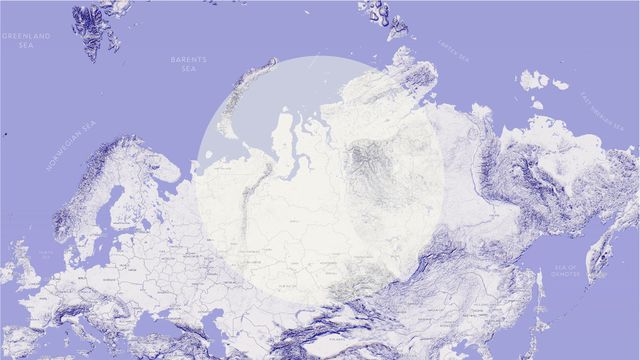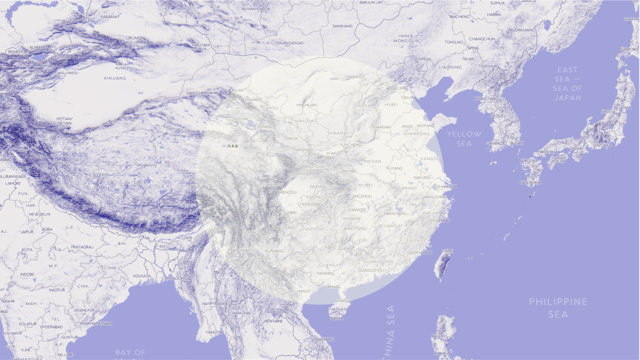The Decline of the Big Five
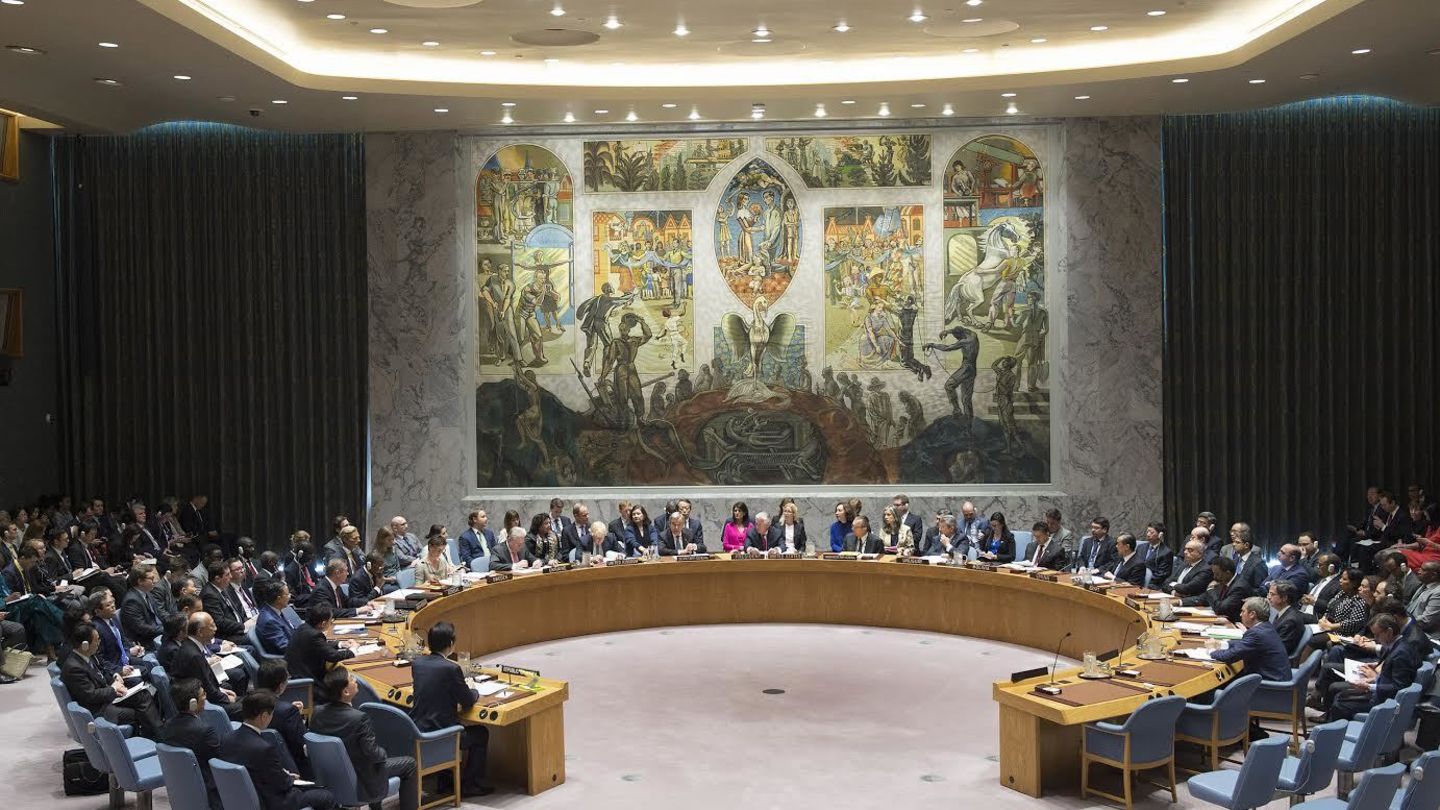
Is the supremacy of the Big Five, inherited from the mid-20th century, on the brink of its decline? Have the Big Five started to lose informal privileges which have been bestowed upon them over the past 70 years? Will that be followed by the reduction in, or even total abolition of, formal privileges? While answering all these questions in the affirmative would certainly be too audacious, there are signs indicating that the privileged position of the Big Five is no longer accepted without reserves.
Is the supremacy of the Big Five, inherited from the mid-20th century, on the brink of its decline? Have the Big Five started to lose informal privileges which have been bestowed upon them over the past 70 years? Will that be followed by the reduction in, or even total abolition of, formal privileges? While answering all these questions in the affirmative would certainly be too audacious, there are signs indicating that the privileged position of the Big Five is no longer accepted without reserves.
First Among Equals
By virtue of Article 2(1) of the UN Charter, the United Nations, and the international community more broadly, are “based on the principle of the sovereign equality of all its Members”. In practice, however, some Members have always been more equal than others and that not only in terms of factual power but also in terms of legal privileges. This is primarily the case of the so called Big Five, the winners of the World War II – China, France, the USSR/Russia, the United Kingdom and the US.
For more than 70 years now, these States have enjoyed various privileges within the UN system. Some of these privileges are formal in nature. They have a clear legal basis in the UN Charter or in other treaties. The most typical, and best known, of these privileges is the permanent seat in the UN Security Council, the main executive organ of the United Nations responsible for the maintenance of international peace and security. Whereas 10 of the 15 members of the Council rotate on a 2-year basis, five – the Big Five – remain there on the permanent basis.
Another well-known privilege, which is linked to the permanent seat in the Security Council, is the veto power. By virtue of Article 27(3) of the UN Charter, non-procedural decisions of the Council are “made by an affirmative vote of nine members including the concurring votes of the permanent members”. Although the requirement of concurring votes (all the Big Five voting in favour) has been gradually replaced by that of non-opposing votes (the Big Five voting in favour or abstaining), any of the Big Five still has the power to block the adoption of a resolution by simply voting against it.
The UN Charter is not the only instrument which bestows formal legal privileges on the Big Five. The 1968 Treaty on the Non-Proliferation of Nuclear Weapons (NPT), for instance, also embraces an unequal approach to States. Making a distinction between nuclear-weapon and non-nuclear-weapon States, the NPT confers different rights and duties on these two categories of States. The category of nuclear-weapon States corresponds to that of the Big Five.
In addition to formal legal privileges, the Big Five have traditionally enjoyed certain informal privileges as well. These privileges do not stem from written rules. They have developed through practice and have been quite consistently, with minor deviations only, observed for several decades. This however does not mean that they are backed by customary rules. What is at their core is not so much a sense of legal obligation as, rather, a recognition of, and concession to, the factual power of the Big Five. The informal privileges include a “reserved” place for judges from the Big Five at the International Court of Justice and the quasi-autonomic election of the Big Five, or of their individual representatives, to various UN political or expert bodies (UN Human Rights Council, etc.).
Privileges Challenged?
In the recent past, however, there have been several instances indicating that the informal privileges may no longer be granted with the same quasi-automatism as in the past.
In 2016, the Russian Federation reapplied for the membership in the UN Human Rights Council, the main UN body in the area of human rights. It reapplied, seeking to keep the membership acquired in 2013 for three more years. And it failed. During the elections in the UN General Assembly, it lost two votes to Croatia (112 and 114 votes) and 32 votes to Hungary (144 votes), Croatia and Hungary being the other countries standing as candidates for the Eastern European group to which all the former socialist countries still belong.
Also in 2016, France nominated a candidate for the UN International Law Commission, an expert body tasked with the codification and progressive development of international law. The candidate, Mathias Forteau, was a well-known and well-respected international lawyer who had already served at the Commission for five years and had been considered among the most active and competent members. Yet, in the elections held by the UN General Assembly in November 2016, the French candidate did not get elected, receiving the lowest number of votes in the Western Europe and Other States group (134 votes).
Finally in 2017, the elections of one third of the judges of the International Court of Justice, the main judicial body of the UN, took place. This time, it was the UK’s turn to lose. After 71 years of its presence at the ICJ, the UK did not succeed in having its candidate, Christopher Greenwood, re-elected. Not wanting to face direct defeat in the elections, the UK finally withdrew the candidature itself, leaving the place to its competitor, India.
Equals Among Equals?
The instances described above do not lend themselves to a single, automatic interpretation. Several options are in fact available.
First, it is possible that what we have recently witnessed is nothing more than a mere coincidence which does not bespeak any long-term trend. After all, it is normal that in elections, some candidates are more successful than others. Maybe the Russian Federation in the Human Rights Council, France in the International Law Commission and the UK in the International Court of Justice were simply confronted with very strong opponents and they lost it to them. But then, the informal privileges traditionally bestowed on the Big Five have consisted exactly in making them immune to these normal risks of the election process.
It is, under the second option, also possible that the failure in the elections was strictly context-specific, reflecting a critical stance of the international community towards concrete acts done by one of the Big Five, rather than a critical stance towards the special privileges enjoyed by the Big Five as such. In case of the Russian Federation, the non-election to the Human Rights Council would come as a reaction to its policy in Ukraine and, especially, in Syria. After all, the elections were preceded by an active campaign of the civil society calling upon States not to vote for a country engaged in atrocities against civilians in Syria and supporting the Syrian regime responsible for gross human rights violations.
The UK, in the elections to the International Court of Justice, would pay both for its State policy and for the profile of its candidate. The elections took place several months after the referendum on Brexit and although it is true that “few countries are as obsessed with Brexit as the UK” (here), the decision to leave the European Union might have added to the reputation of the UK as a country turning more and more often from the world affairs to its own domestic problems. The controversial role that the UK candidate Christopher Greenwood had played during the 2003 crisis in Iraq, when he authored a memorandum justifying the military intervention against the regime of Saddam Hussein, would further add to this.
It is more difficult to say what France, in the elections to the International Law Commission, could be sanctioned for. Although France has also engaged in legally controversial military actions in the 2010s, especially the intervention in Libya in 2011, the link between those actions and the 2016 elections is much weaker than in case of the other two countries.
That could suggest that the three instances described above may not result solely from an opposition to concrete steps taken by individual Big Fives. They may be symptoms of a more general trend, that of denying the Big Five some of the informal privileges they have enjoyed so far or not granting these privileges with the quasi-automatism of the past.
This third interpretation would be in line with the ever-increasing criticism of the formal privileges that the Big Five have and that, as many would opine, no longer correspond to the power relations of the 21st century. Yet, doing away with the formal privileges is, in the absence of the consent by the Big Five, virtually impossible. In this situation, the other States might be tempted to express their discontentment with the ongoing inequality in areas which they have under their control and where the special treatment of the Big Five does not stem from legal rules but from a good will of the international community. A good will which, as it seems, might no longer be taken for granted.
